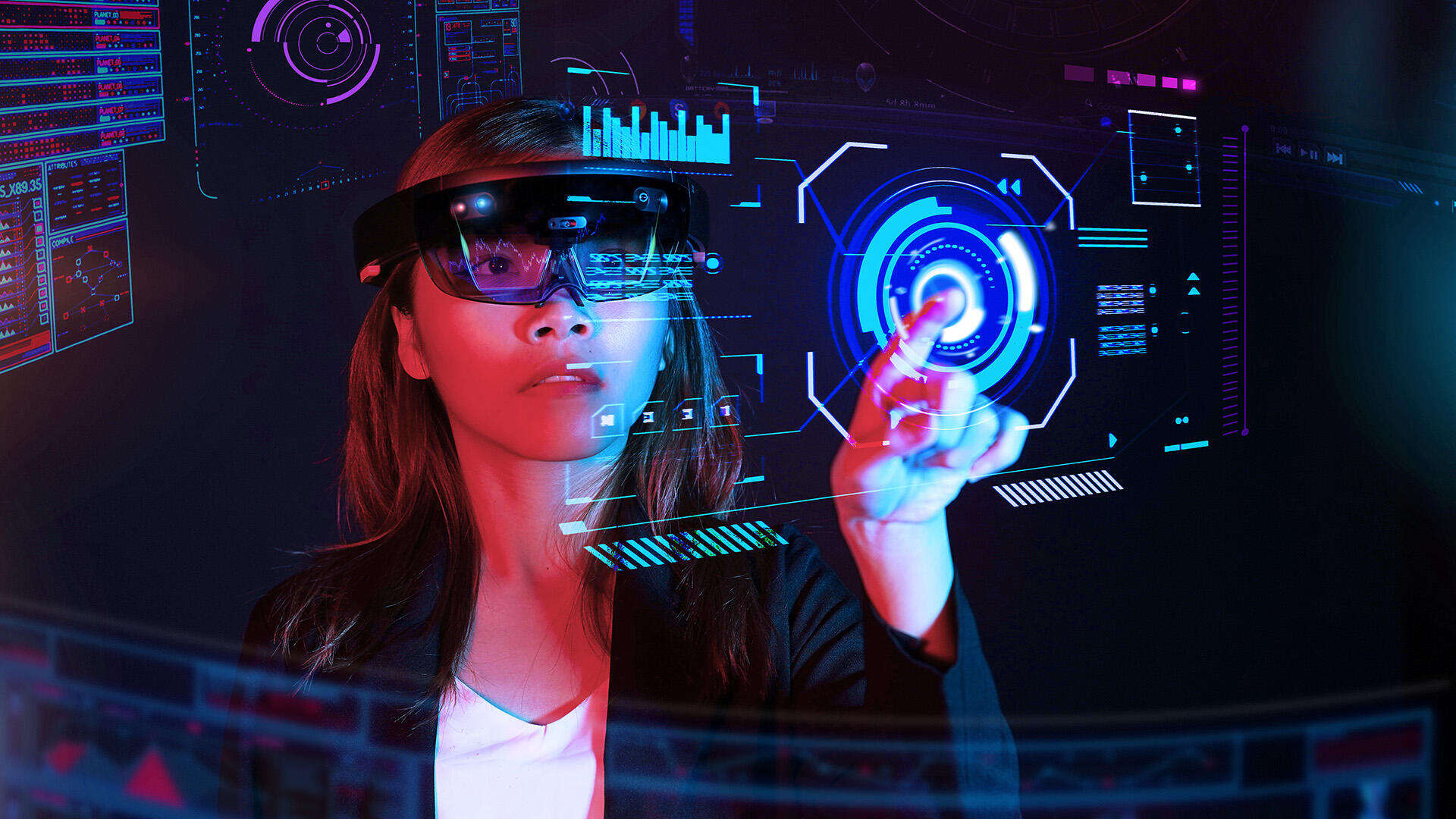
Program Technology
There is much more to discover during the European Researchers' Night! With more than 40 activities in Dutch and English, it is the place for everyone who wants to know more about science: researcher, non-researcher, student, local, young or old. In short, the science festival for all the curious!
Discover the technology behind 3D computer characters
Ever wondered how 3D characters like Minecraft monsters and Elsa from Frozen appear on your screen? Join us and find out how ray tracing makes it happen. Try on a VR headset and learn about ray tracing and computer graphics in a fun, interactive way. This workshop is developed by the Bernoulli Institute at the University of Groningen.
By: Adrian Aaen, Jiri Kosinka, Bernoulli Institute for Mathematics, FSE, UG, Jantina Tammes School of Digital Society, Technology and AI.
Can you beat robot QT?
The latest developments in artificial intelligence and chatbots like ChatGPT are advancing the field of social robots. These robots are designed to assist socially, for example, with language learning or memory training. But how well do these robots perform in public spaces? Can anyone interact with a robot, or are special adjustments needed? Visit us and play a language game with robot QT (pronounced 'cutee') to experience how it works and to join the research. Can you beat QT?
By: Paul Vogt, Faculty of Science and Engineering, UG.
Creating Brain-Like Computers
Our brains have neurons that start out isolated but form connections as we learn and experience new things. This process creates complex networks. Can we apply these principles to build materials that learn and adapt like living systems? What about creating computers that mimic the brain? These "neuromorphic computers" could perform AI tasks using much less energy than current computers. Come and see!
By: CogniGron, University of Groningen, Ubbo Emmius Foundation, NL-ECO project, EU-Topocom project.
Fly with the owl: a VR game for rehabilitation
Serious gaming has become popular in physiotherapy and rehabilitation, helping motivate patients to exercise outside regular sessions and giving them feedback. To keep patients engaged, the game must adapt to their skill level. Play a VR game that is designed to help patients with cervical dystonia with their exercises. In the game, you control an owl’s flight by moving your head. You’ll also explore how changing game settings can affect the difficulty and motivation for players.
By: Elisabeth Wilhelm, Faculty of Science and Engineering, University of Groningen.
Tech-based games: the future of movement rehab!
Each year, thousands of people with movement disorders must re-learn how to move. What if technology could boost their quality of life? In the REPAIRS project, tech-based games are created that combine movement science with cutting-edge technology. Join for live, interactive demos where you can, for example, catch a ball using your arm as a joystick to control a virtual paddle. Get ready to move!
By: Faculty of Science and Engineering, University of Groningen.
Time-traveling with cells
Although all cells in your body share the same DNA, they show a lot of diversity – from skin cells to brain cells. Even within a single cell type, cells can differ in appearance and behavior. It is often unclear where these variations come from and how they affect health. Use a cell time machine to explore how immune cells behave after exposure to pathogens and to predict their responses.
By: Monique van der Wijst, UMCG.
A household robot: the future of smart living?
Imagine coming home after a long day and asking your personal robot for help. With a simple command, your "household robot" springs into action. "Can you find the box I left in the living room?" you ask. The robot scans the room, recognizes the box, and brings it to you, without you having to lift a finger. This is more than just convenience; it’s the future of smart living, where technology handles the small tasks so you can focus on what truly matters. Want to give the robot a try?
Bernoulli Institute for Mathematics, Computer Science and Artificial Intelligence
Faculty of Science and Engineering, UG











